Hazards Ahead! Cal MediConnect Faces Troubled Waters in the Future.
Published in the National Association of Social Workers Newsletter - California newsletter (June 2018)
By Jason Bloome
The Cal MediConnect Program (CMC) began in 2014 with the expectation that California would improve quality of care, save money and maximize the ability of participants to live at home or in the community in lieu of institutional care by giving dual-eligibles the choice of having Medicare benefits administered by the same CMC Managed Care Organization (MCO) already providing their Medi-Cal services.
In many of the counties where the program is active, there is very low consumer participation. As of December 2017, of a total of 415,000 residents eligible to enroll in the seven pilot program counties, only 28 percent participate with the program. In Los Angeles, the largest pilot program site, there is only 19 percent CMC enrollment.
According to a policy brief by the UCLA Center for Health Policy Research, opt-out reasons for dual-eligibles include the following: they preferred to stay in their existing network of trusted providers; they felt the pool of doctors and specialists in CMC plans were limited and that MCOs impose restrictions on services and benefits. Non-CMC health care groups threatened by the loss of revenue also most likely urged their members not to sign over Medicare services to CMC providers.
To increase CMC participation, the state has proposed using brokers to enroll dual-eligibles into the program—an idea soundly opposed by many aging and disabled rights groups. The proposed use of brokers, Justice on Aging, writes in a May 25, 2018 letter sent to the Department of Health Services (DHS) and co-signed by more than 30 disabled and senior advocacy groups, is ill-conceived, was developed without adequate consumer input, rolls back consumer protections, exposes consumers to potentially harmful broker misconduct and could facilitate disruption in quality of care by shuffling seniors from one plan to another (since nothing prevents a senior from signing up with one plan one month and switching to another the next).
Troubles with CMC also include DHS’s poorly designed new 2018 CMC Performance Dashboard. According to Justice on Aging, the California Association for Nursing Home Reform, the California Hospital Association, the California Medical Association, and 20 other senior and disabled rights groups, problems with the new dashboard include poor accuracy in the data reported, the lack of many key measures necessary to evaluate whether CMC is meeting its goals, and the absence of any data demonstrating whether CMC MCOs are successfully transitioning dual-eligibles from institutions to community-based care settings or providing enhanced services to allow dual-eligibles to remain living in the community.
A core metric no longer included in the new performance dashboard is the monthly CMC opt-in and opt-out rate by county. The state cannot fix the fragmented delivery of Medi-Cal and Medicare services without higher CMC enrollment. Including an array of new performance measures, while excluding perhaps the most important data, the CMC enrollment is like dazzling passengers with shiny new decks chairs on a ship sailing through troubled waters without a captain. Sooner or later, the ship will strike a hazard.
Core problems exist at the heart of CMC which still have not been fixed. Instead of spending time, energy and resources on marketing a defective product, DHS should correct a faulty CMC rate table that prevents CMC MCOs from rebalancing long-term support and services from nursing to community-based care settings, which include residential care facilities for the elderly. Forcing seniors, who require too much care to remain at home into nursing homes, when they do not need to be there, wastes millions of Medi-Cal dollars each year. Our frail elderly, who want out of nursing homes or reside at home and are at risk of premature institutionalization deserve better than half-baked public policy “fixes” that do more harm than good.
http://healthpolicy.ucla.edu/publications/Documents/PDF/2017/calmediconnect-brief-sep2017.pdf
http://www.justiceinaging.org/wp-content/uploads/2018/04/Performance-Dashboard-Comments.pdf
http://www.dhcs.ca.gov/Documents/CMCDashboard4.18.pdf
Jason Bloome is owner of Connections–Care Home Referrals, an information and referral agency for care homes for the elderly in Southern California. More information can be found at www.carehomefinders.com.

